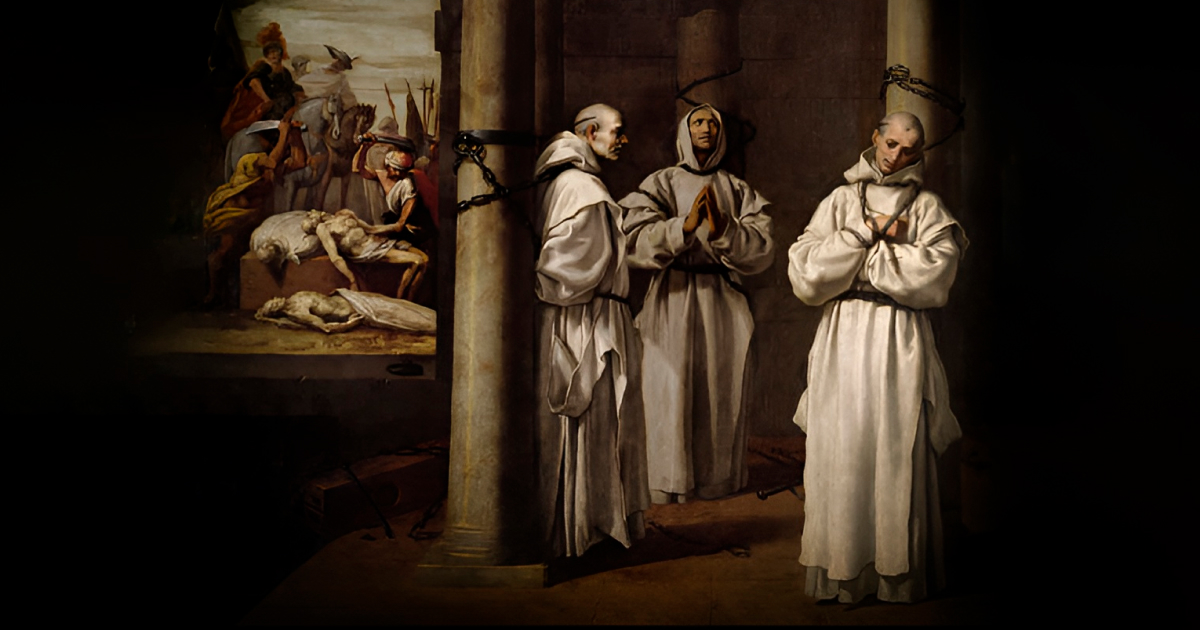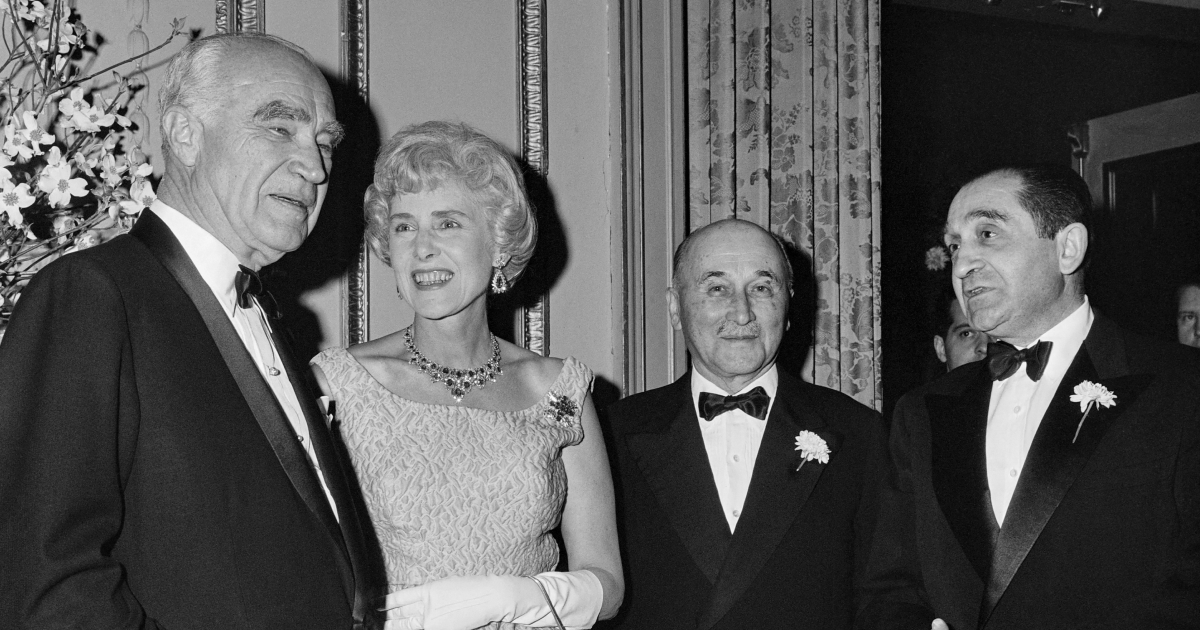‘My enemy’s enemy is my friend,’ so the ancient proverb goes. This was certainly true in the run-up to the 2024 US presidential election, when libertarians, Zionists, America-first absolutists and fed-up ‘anti-woke’ Democrats saw it as their mission to win Trump four more years. Now, one year on from their historic victory, as the MAGA alliance begins to fall apart, it would seem the real battle has begun: the battle to define the future of the American right.
The significance of this breakdown occurring now, not only on the anniversary of the election but also two months since the tragic assassination of Charlie Kirk, cannot be overstated. As a clear leader and potential future presidential candidate, Kirk’s death both intensified the bitterness felt towards those on the left and left a void between the various coalition parties he was in many ways holding together. The result has been the latest and most dramatic culmination of infighting among conservatives, with both old and new players competing to dictate the right’s future.
For those with eyes to see, this breakdown has not come as a surprise. Disagreement within movements is natural and at times even necessary. We must, however, be careful not to lose our soul in the process. This is where Nick Fuentes’s shift from the fringes of right-wing politics into the mainstream has been a concerning development in this saga, one which, if left unchecked, could lead to the very self-destruction seen on the left when radical progressives took the reins.
Fuentes’s recent appearances on podcasts with Patrick Bet-David and Tucker Carlson have projected him to a new level of relevance among conservatives, many of whom are fascinated by him. His charisma, sharp wit and strong communication are potent to the degree that even after watching some of the vile things he has said on his own platform, one might still find oneself charmed by him. His recent appearances have almost felt like a carefully executed, PR-agency-coordinated reinvention tour. And yet, for those who care to look even slightly beneath the façade, it is a myth that a quick search or a brief viewing of his own videos can easily dispel. Why then is it so hard to call a spade a spade — or in this instance call Fuentes what he is: a far-right, racist, antisemitic bigot?
The weaponisation of these terms by the left, which many on the right have fallen victim to, is largely to blame for this. Much like in Aesop's fable The Boy Who Cried Wolf, sensible members of the public have become fatigued and desensitised to the endless accusations that anyone with a right-of-centre opinion is ‘far right’. The assassination of Charlie Kirk, and the surrounding conversations, then acted as the final straw.
Where once these words held meaning and significance, and served as helpful demarcators of who is and is not worth entertaining, they have now been rendered blunt and powerless by overuse. The proverbial alarm in the intellectual marketplace has been left silenced, and the wolves can now enter freely. Though such a reaction is understandable in many ways, it is still incumbent on us to choose our leaders, spokespersons and ideologies wisely, and not be allured by such heinous extremes.
Watching a clip of Fuentes in which he says, “Jews are running society, women need to shut the f*** up, Blacks need to be imprisoned for the most part, and we would live in paradise,” should certainly be intolerable to any committed Catholic. Taking into account basic social logic, one must wonder: if these are the kinds of things he says publicly, what does he say in private?
That said, it is not the ‘platforming’ of Nick Fuentes that is the problem. Even such extreme views should, where possible, be allowed to air publicly. The key is to challenge effectively — to allow their views to be discussed and openly critiqued, to play clips, recite direct quotes, and let them show their true colours. This is where the real disappointment with Tucker Carlson and Patrick Bet-David lies. Despite popular claims from commentators such as Joe Rogan, people can hide who they truly are — even on a three-hour podcast. This is especially the case when they are met with friendly conversation and soft questions.
Across many countries in the West, conservative movements are in a period of transformation and are being pressed from multiple angles to defend their views on immigration, foreign policy and moral issues. In this, many find themselves performing a tightrope act amid a crowd of accusations. In the UK, for instance, for every leftist claim that someone who supports firm borders and social cohesion is a bigot, there is an ethno-nationalist accusing them of being a sell-out liberal. Similarly, in the US it would seem some conservatives are finding themselves stuck between the rock of not supporting Israel and its flattening of Gaza, and the hard place of not wanting to cosy up with antisemites.
As America presses on, and the battle for the soul of its conservative movement continues, it is important to keep in mind that when choosing who to listen to and trust for information between the likes of Ben Shapiro, Tucker Carlson, Nick Fuentes and others, “none of the above” is also a perfectly good option. In our rage-bait-fuelled online economy, it is worth remembering that a pundit's popularity is not necessarily because their views are better or more sophisticated — the algorithm cares very little for nuance.
As Catholics, we ought to be especially sensitive to the fact that the time we spend listening to such individuals has the power to form not only our views but our souls too. In light of this, we must scrutinise those we listen to, especially those claiming Christ, and hold their words and actions up against His. None will be perfect, but surely by this metric, we can all see how Fuentes fails to measure up.
(Photo by WILLIAM EDWARDS/AFP via Getty Images)

















